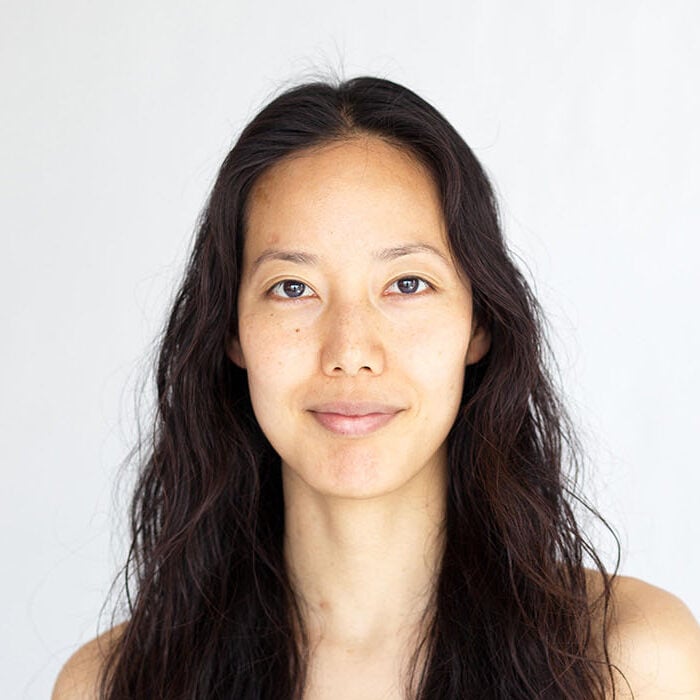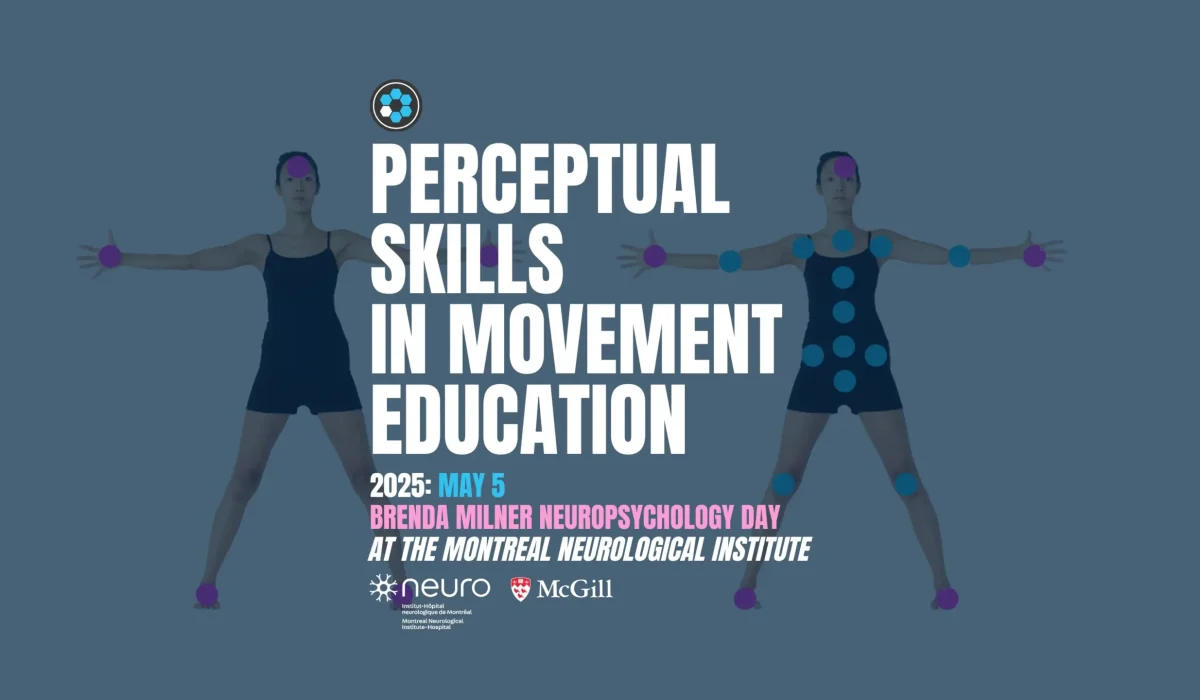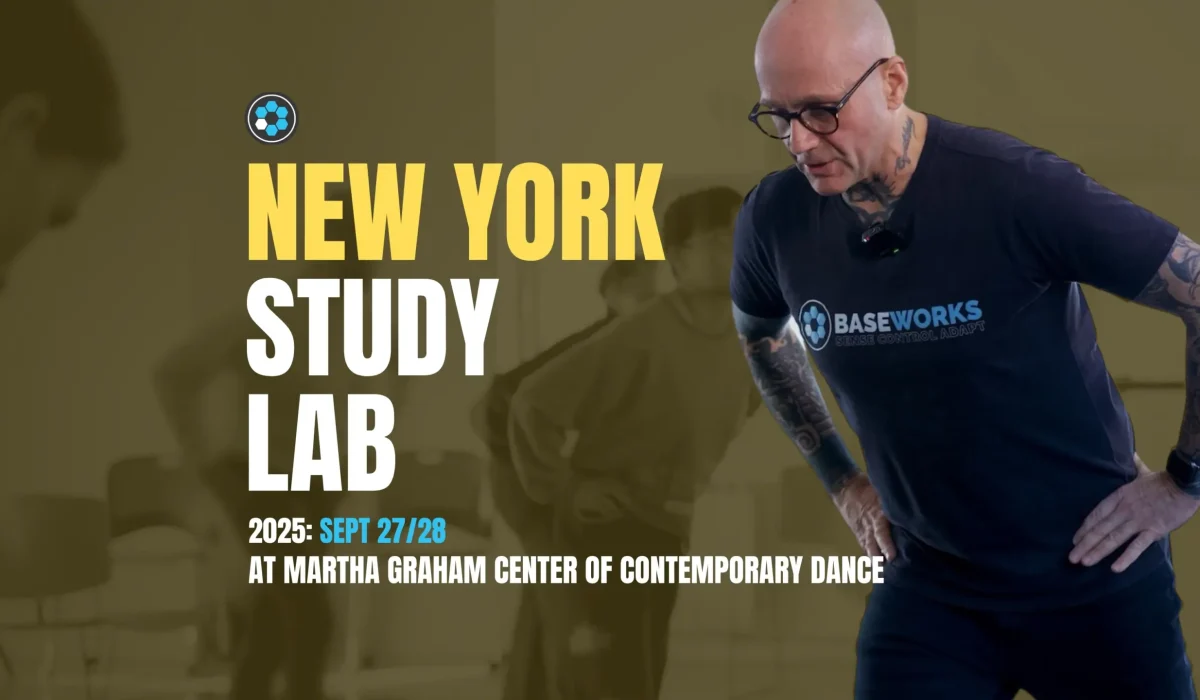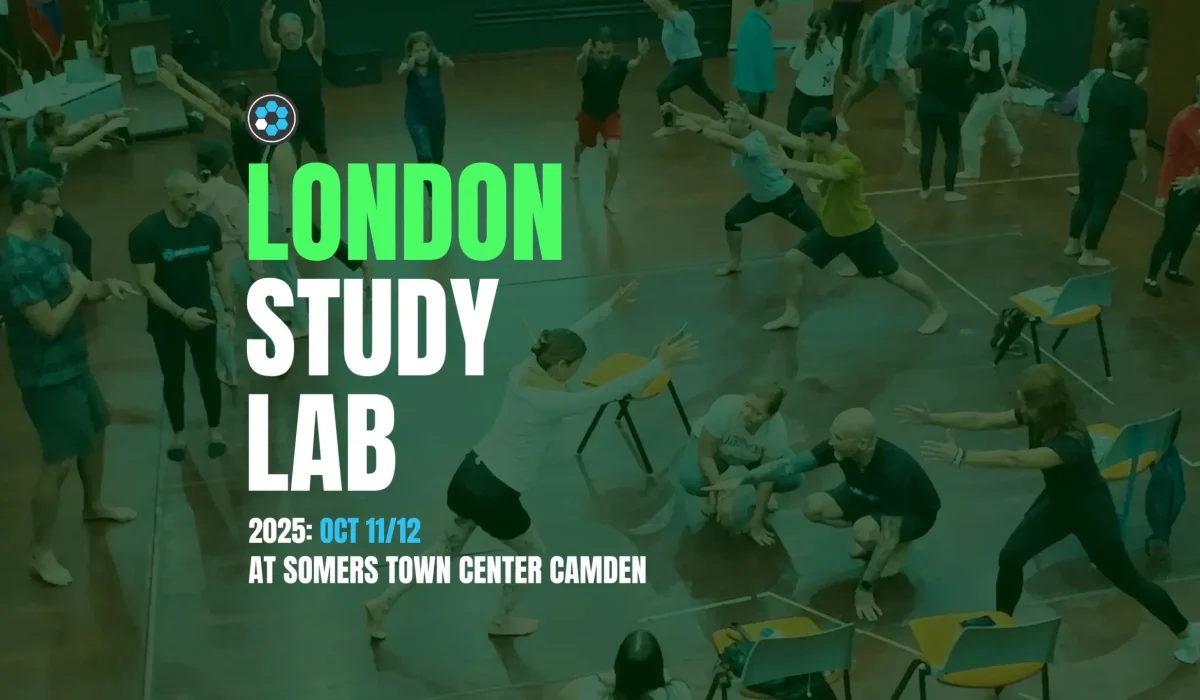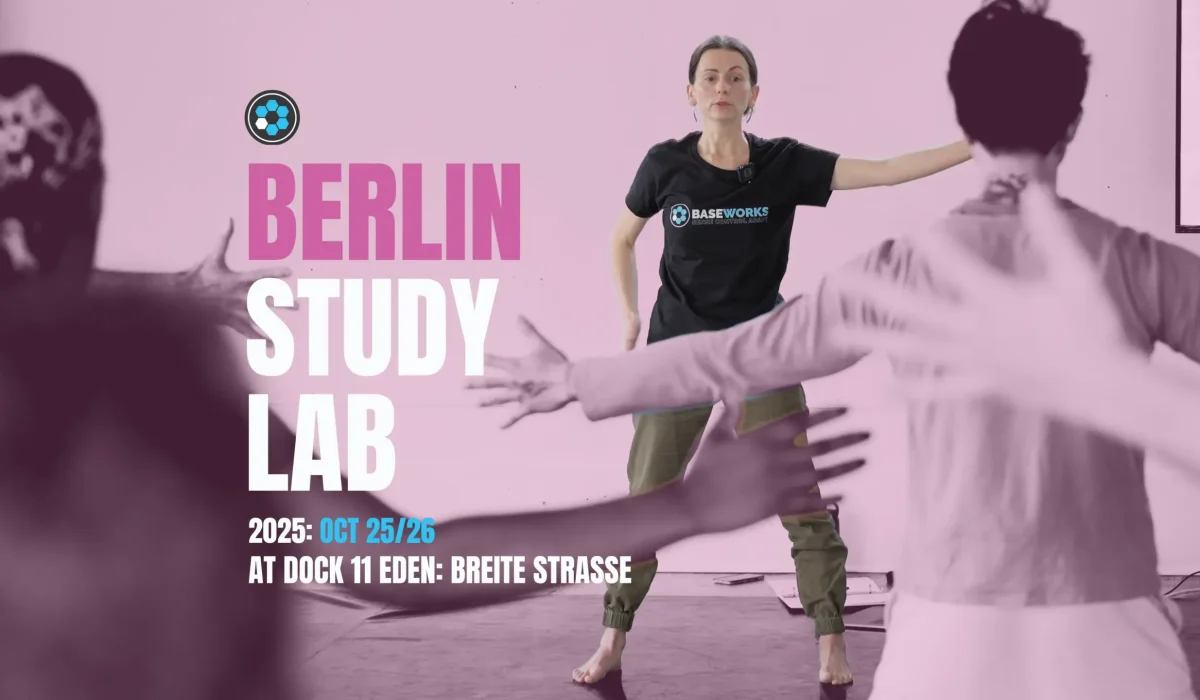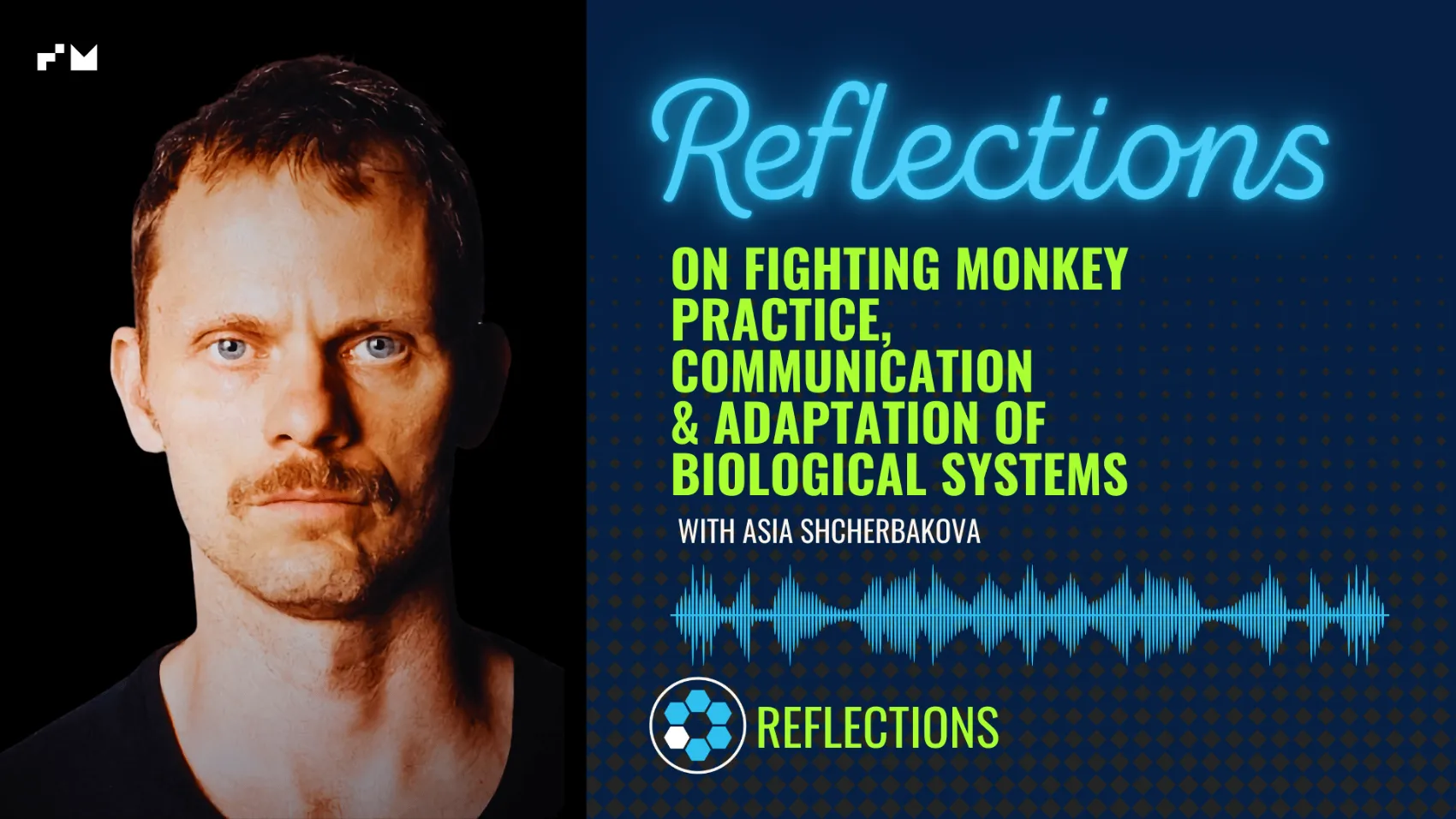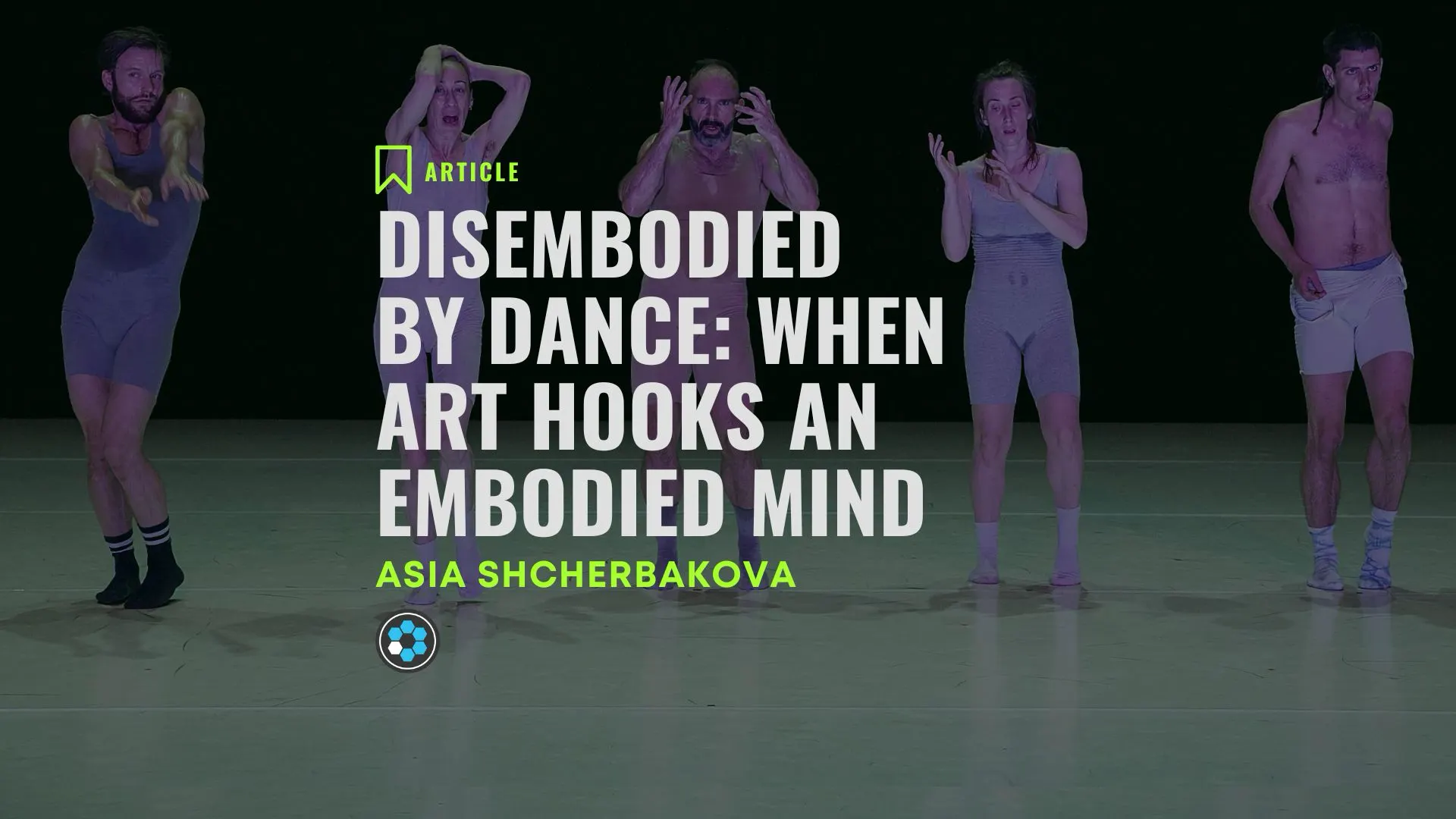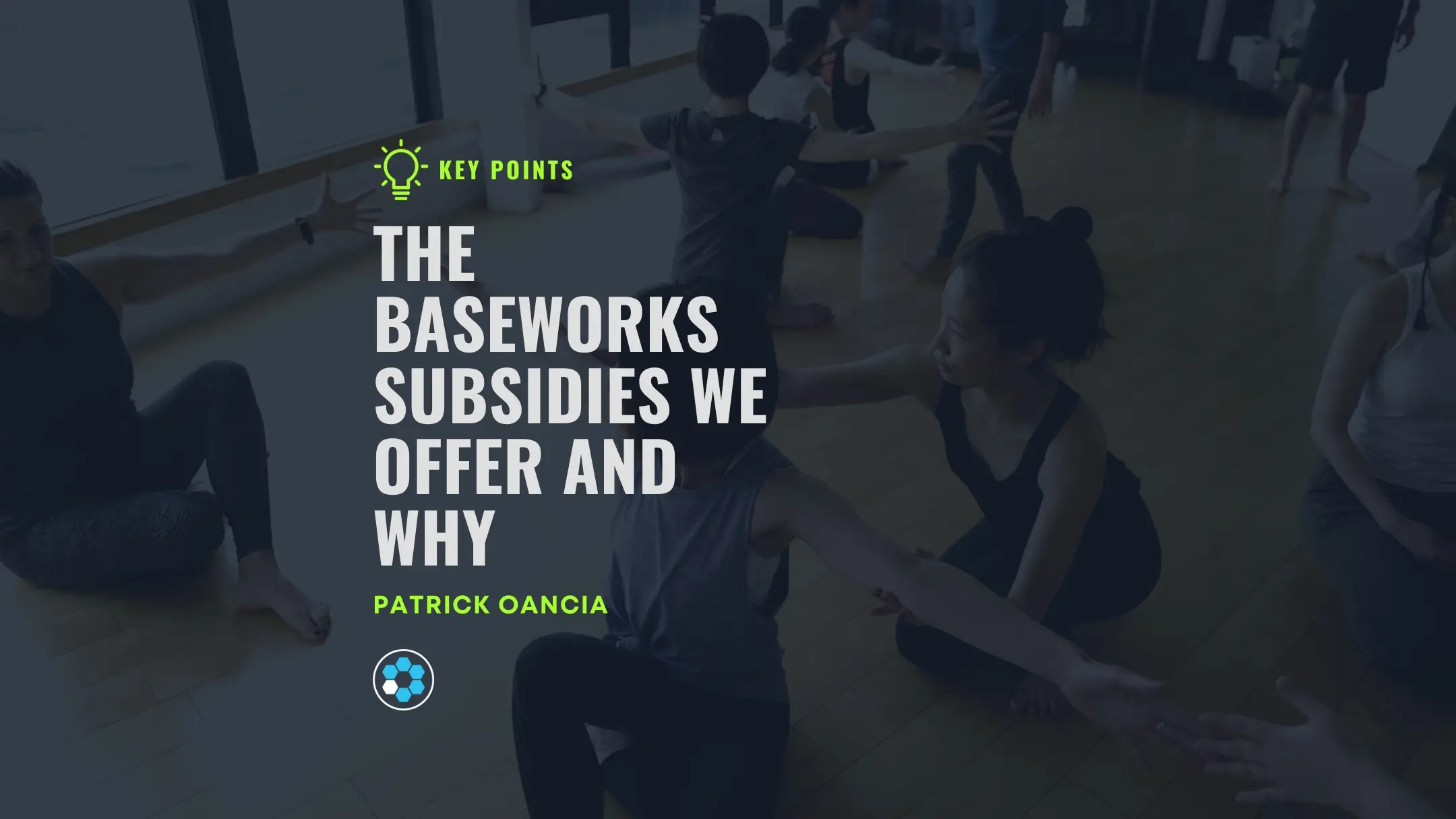“Today we live in a chaos of straight lines, in a jungle of straight lines. If you do not believe this, take the trouble to count the straight lines which surround you. Then you will understand, for you will never finish counting.” – Friedensreich Hundertwasser
Life emanates the concept of cyclicity. We develop through childhood into adulthood, mature into middle age, wisen into senior years. This same life cycle we experience can be seen in all organisms, from animals, plants to fungi and algae. Yet at the very same time, modern human social constructs appear to have an overwhelmingly strong drive for linear progress. A constant pursuit for more, for what is better, where regression or digression is often seen as something negative or rebellious. What one can describe as a one-directional perspective towards doing more, is doing better, and going through hierarchical steps to advance.
The Good, The Bad, and Everything In Between
At least this is how I have experienced the demands of being widely accepted as a functional individual in society today. And perhaps how I see education to have formulated me, regardless of cultural differences, be it in schools in France, Japan, America, Denmark, Kenya or England. Of course, I do appreciate my ambition to strive for perfection, to upgrade my understanding to the next level, to do more and better.
Yet at the same time my continued engagement in daily movement practices for over 15 years, has led me to realize the most obvious simple law of nature. That we are like the seasons, constantly in flux, experiencing subtle differences, every single moment. And as there are good days, bad days, and everything in between, our mind-body state also fluctuates every moment, affected by what is surrounding us. That perhaps there is ultimately no linear progression of, for example attaining one movement/form/pose one day, and have the reassurance that this will be there for sure the next day, as is with life and death itself.

Pursuit to Learn, Adapt, and Modify though Practice
It is true, learning is built on prerequisites. The more you are able to understand and connect all the factors that establish a foundation in the learning process, the more layers of complexity you will be able to add on top of it. This becomes truer when the modality is something such as movement, where the more you focus your attention on learning the specific movement and build a regular daily practice application on top of it, the easier it becomes. This allows us to not have to think about the details of what we were learning initially, gain fluidity in movement, and either to refine the process or expand on it.
So there is some form of progression in our practices. However, what I have experientially learned through my daily practice with Baseworks Practice, is that there are so many other factors that affect the state we are in. That the more we are in tune with these factors that affect our state of being, the better we are able to adapt and modify our practice into something that is more conducive to the moment and allow the practice to evolve into something that is more safe, injury-free and sustainable in the long-run, into old age.
Some factors I specifically take note of are such as sleep (duration, timeframe, REM vs deep sleep), diet (what I eat and drink, when, how much, how it is prepared, where it is sourced, environment I eat it in), movement (how much I moved, how long I was static, balance between cardio exercise vs contemplative practice), stress (amount, source, what I did to cope with the stress, what I chose to work on to reduce the stress), time (amount of screen time, amount of personal interaction time, amount of time for myself based on my needs/passion/growth), and many more.
As these interchange every moment, I use my daily movement practice to bring awareness to the state I am in for that day and modify my practice to suit the circumstantial factors surrounding me. By doing so, I feel more capable of making better decisions necessary for the specific day in relation to how I manage my life-work balance in a more efficient and sustainable way. Moreover, this allows me to apply the same principles of learning, adapting and modifying for everything in life in general.
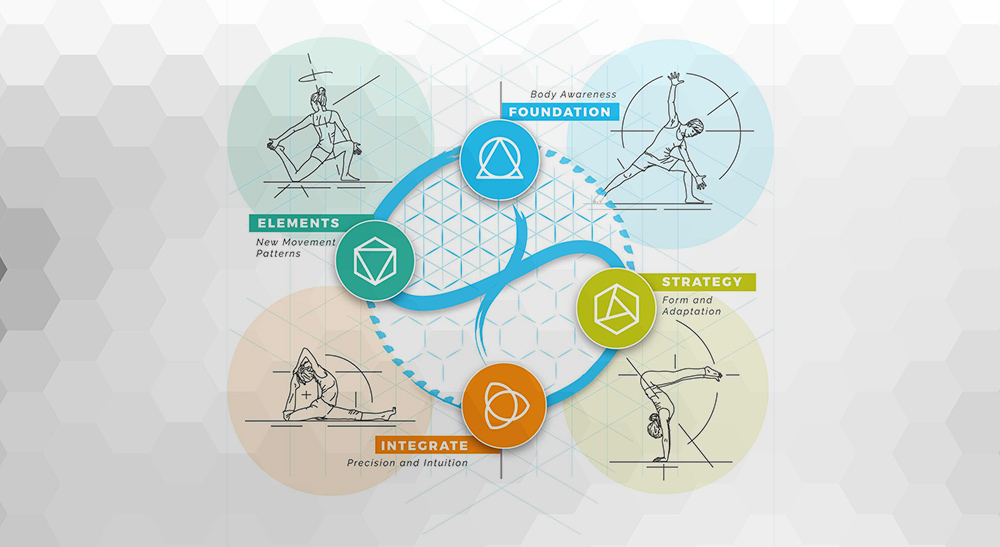 Baseworks Practice Cyclicity Concept
Baseworks Practice Cyclicity Concept
No, the Hidden Yes
This entire process is an extremely personal and humbling experience. For instance, I may be able to do much more, based on what I have been doing up until now, and what I have seen myself do in the past. Yet I may intentionally choose not to do a specific movement for that day, because it will be much more conducive for me to do so, in relation to all the other factors and what I want to achieve for that specific day. In a way, the moment I learn to say “no” to something, I realize that it is actually a “yes” to a completely new paradigm I was not able to see before.
Whenever I am in Tokyo, I add onto my daily routine, practices at JayaDojo, where Baseworks Practice is the signature syllabus, and students have the opportunity not only to practice the actual practice method itself but also the approach to practice according to the concept of modifying/adapting the practice to match one’s condition for that specific moment. The concept of cyclicity is the core of the Baseworks Practice Modular practice, where all four modules are mixed and matched, instead of a one-directional hierarchical progression from beginner to advanced.
Of course in the initial stages of practicing the system, there is somewhat of a progression from one module to the other, from Foundation, Elements, Strategy to Integrate. However as one begins to establish regularity in practice, it becomes more and more clear how the practice in each module interrelates with all the other modules, and how every practice experience can become constant learning, unlearning, relearning process. The awareness I have gained through my continued practice with Baseworks Practice has had a profound impact on my mental performance for any given day.

Intentional Practice, Intentional Choice
On the other hand, whenever I am unable to go to the studio or am not in Tokyo, I convert my home practice by selecting a module to practice for that day, making sure to mix it up throughout the week, and to adapt the practice constantly based on the condition of that specific day and how I want to focus my energy for that day. I also combine this with various other movement practices, ranging from meditation, breathing practices, walking, swimming, jogging, HIIT exercises, improvisational dance, and other corrective movement practices offered in fitness studios.
Though whatever the modality, the insight, and awareness I have gained through my continued practice with Baseworks Practice have had a profound impact in the way I approach all other movement exercises, how I choose to allocate my resources for that specific day, and how this directly affects my mental performance for the day.
For information on upcoming collaborations and current Baseworks events check out the Baseworks Events Listings.
If you would like to stay connected to what’s happening with all our Baseworks projects, sign up for our mailing list.
[wp_applaud]


